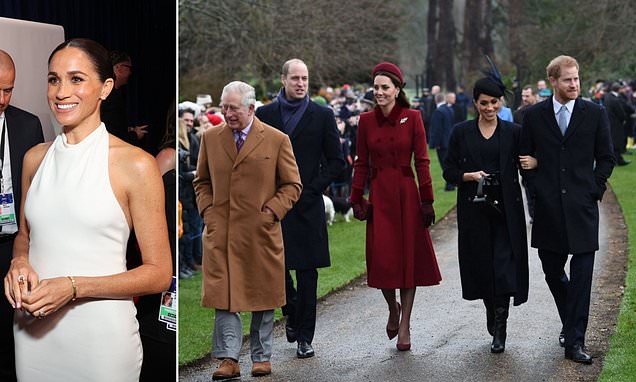In a recent appearance on *Good Morning Britain*, Sarah Ferguson, the Duchess of York, responded to questions about the health of Princess Kate and King Charles with warmth and encouragement.
The conversation unfolded during her June 5 interview, where she also touched on her own health journey, making for an engaging and heartfelt segment.
Hosts Martin Lewis and Susannah Reid prompted Sarah about how the senior royals were faring after their cancer diagnoses.
Sarah’s reaction was both thoughtful and supportive.
“I am incredibly happy for the King,” she began, highlighting his recent visit to Cancer Research UK, where he accepted the title of Royal Patron.
She praised him for his courage in connecting with the public, emphasizing the importance of feeling heard during such challenging times.
Turning her attention to Princess Kate, Sarah called her video message “really brave.” She expressed her admiration for the way Kate has handled her health challenges, saying, “I sincerely feel so happy for them.” Her words reflected a strong belief in the power of family support, which she described as “an amazing thing.” Sarah concluded her sentiments by sending her best wishes and love to the royal family.
The conversation shifted as Sarah opened up about her own health struggles, revealing her diagnosis of skin and breast cancer.
When Susannah asked how Sarah was coping emotionally, the Duchess candidly shared her past feelings of insecurity.
“I’ve been wondering for years if I’m good enough,” she admitted, reflecting on her doubts about finances and personal decisions.
However, Sarah noted that her perspective has changed significantly after undergoing a mastectomy and dealing with malignant melanoma.
She described her current state as a “new normal” rather than a wake-up call.
“You can’t claim to be cancer-free, but you can say that I’m doing great,” she explained, expressing gratitude for her recovery and determination to keep pushing forward.
With a passionate plea, Sarah urged viewers to prioritize their health by getting regular check-ups.
She highlighted a concerning statistic: only 1.2 mammograms are being detected among those who should be tested.
“People shouldn’t be afraid to get tested,” she emphasized, encouraging everyone to take action for their health.
Susannah, inspired by Sarah’s words, shared her own experience with health screenings.
She confessed to having previously avoided getting checked due to anxiety but found the process wasn’t as daunting as she had imagined.

